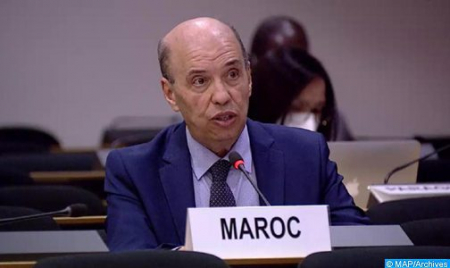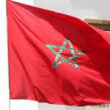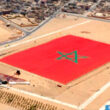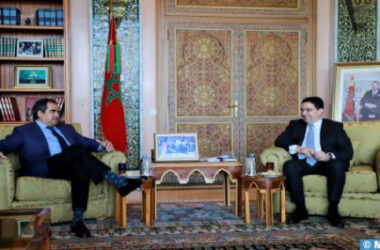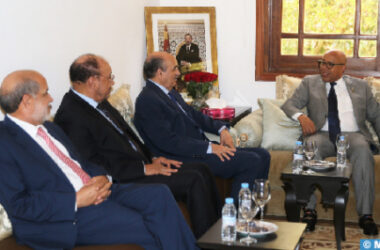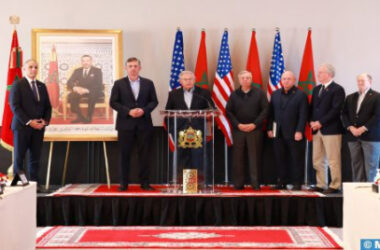In the Kingdom’s statement to the 73rd Session of the Executive Committee of the United Nations High Commissioner for Refugees (UNHCR), the diplomat regretted the “critical” situation in which the people in the Tindouf camps are surviving.
In this regard, he recalled that the geographical location of the camps on Algerian territory, coupled with its de facto management by a separatist armed group, is “an exceptional and unprecedented situation in terms of international law.”
“We regret [Algeria’s] devolution of national competences to a separatist armed group,” said Zniber, stressing that “there can be no delegation of sovereignty, and therefore responsibility, from a State to a non-state military entity on its territory, as is the case of the Tindouf camps.”
These camps “are managed de facto by militias, to which Algeria has devolved its authority, in flagrant violation of international law,” Zniber lamented, recalling that the UN Human Rights Committee attested to this in its concluding observations on Algeria’s fourth periodic report, adopted in July 2018.
The Moroccan diplomat called on the international community, donors and organizations included, to confront Algeria with its responsibility to allow the UNHCR the census of the sequestered populations as required by the Security Council resolutions, including the latest Resolution 2602 (2021) calling again for the registration of refugees in the Tindouf refugee camps to be considered.
Zniber also recalled the report of the Office of the Inspector General of UNHCR, which stresses, regarding this situation, that “the absence of registration of a refugee population for such a long period of time constitutes an abnormal situation and unique in the annals of the Office of the United Nations High Commissioner for Refugees.”
“The absence of a census makes it impossible to assess the needs of the sequestered people for humanitarian aid, which is being diverted by the separatists and their mentor, as has been documented by international bodies,” he said.





